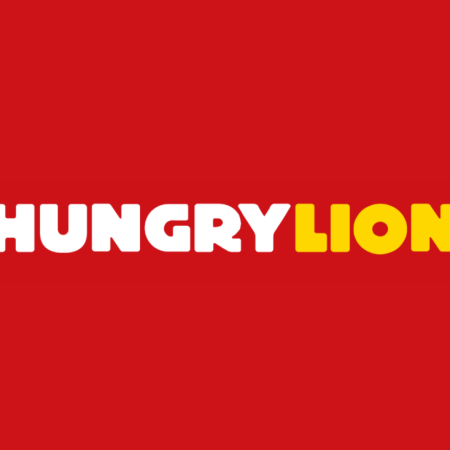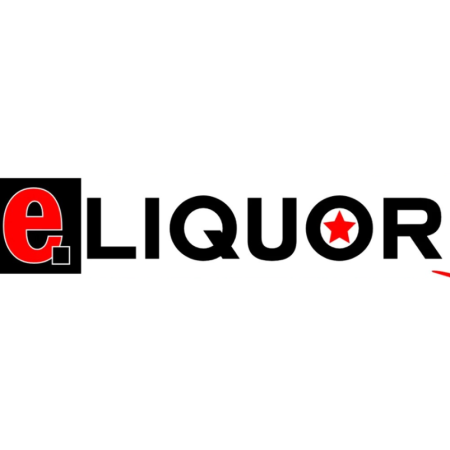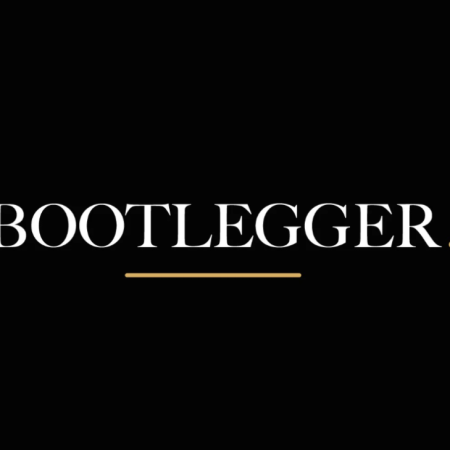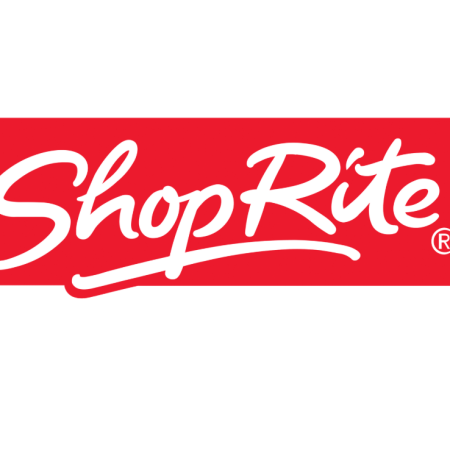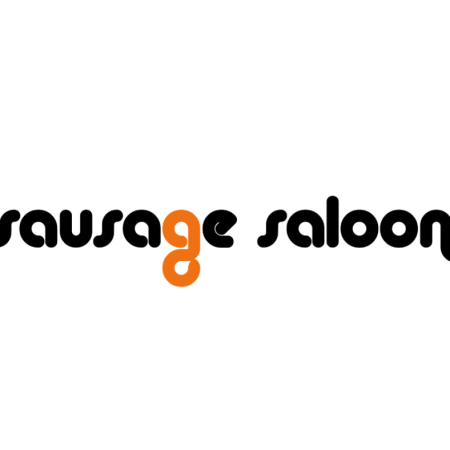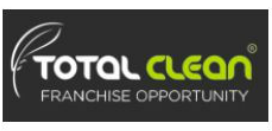Introduction
Franchising is one of the fastest-growing business models in South Africa. It offers aspiring entrepreneurs the opportunity to own a proven and potentially profitable business. From fast food to beauty salons, franchises are seen as a safer option than starting a business from scratch.
But before entering the world of franchising, it is critical to understand franchise fees. These fees, often misunderstood, form the backbone of a franchisee’s financial commitment. So, what should South African franchisees expect regarding franchise fees?
The Basics: What Are Franchise Fees?
Franchise fees refer to the upfront and ongoing costs to become part of an established brand’s network. These fees cover the rights to use the brand’s trademark, access their operational systems, and benefit from their training and support. While paying fees might seem daunting, it’s important to remember that you’re buying into a business model with a proven track record.
Franchise fees are typically divided into two main categories: Initial Fees and Ongoing Fees.
1. Initial Franchise Fee
This is a once-off, upfront payment when you sign the franchise agreement. It gives you the right to operate under the franchisor’s brand. In South Africa, the initial franchise fee can vary widely depending on the franchise’s brand, industry, and scope.
For instance, a fast-food franchise like Debonairs Pizza may require a higher initial fee, ranging from R100 000 to R160 000. Meanwhile, an education brand like Monkeynastics could have an initial fee in the region of R90 000.
This fee usually covers:
- Access to the brand’s trademarks and systems
- Initial training for you and your staff
- Marketing support during the launch phase
- Assistance with site selection and setup
- Assistance with store/franchise opening
2. Ongoing Fees
You must pay ongoing fees once you’ve paid the initial fee and launched your franchise. These include:
a. Royalty Fees:
This percentage of your monthly sales can range from 1% to 12%, depending on the franchise. The royalty fee compensates the franchisor for continued use of its brand and operational systems. For instance, Martin’s Funeral Charges a royalty fee of 7% of monthly turnover.
b. Marketing Fees:
Franchisors usually have a national marketing fund to which all franchisees contribute. This fee ranges from 2% to 6% of your turnover. In return, you benefit from national advertising campaigns, which boost brand awareness. For instance, a brand like KFC might require a fee of up to 6% of sales to ensure their franchisees benefit from well-established marketing efforts.
c. Training and Support Fees:
Some franchises require ongoing payments for continuous training and development. This can include staff refresher courses or additional services introduced by the franchise, especially in industries that rapidly evolve, like health and wellness or technology.
Hidden Costs: What Else Should You Consider?
Besides the obvious franchise fees, there are additional costs to consider:
- Initial Stock : Most Franchises Will require specific stock that aligns with their brand standards. This cost is separate from the initial franchise fee and sometimes not included in the franchise cost. Ask the franchisor what the total investment is for the franchise and whether this includes initial stock.
- Specific equipment: Franchisors often specify the equipment required to produce a quality product. For example, a coffee shop franchise such as Naked Coffee may insist on a La Marzocca coffee machine. Although this may be more expensive, the quality is proven and therefore a standard requirement for all stores.
- Shopfitting: For franchises that require a physical storefront, the cost of shopfitting can be substantial. Franchises like Levingers Dry Cleaning may require their franchisees to fit out their premises according to strict design standards, which can add to your overall investment.
- Legal and Administrative Fees: Franchise agreements can be complex, and seeking legal advice is always a good idea. These legal fees, along with other administrative costs, should be factored into your overall budget.
- Contingency funds: The franchisor will usually stipulate a recommended amount of working capital to have available until the franchise breaks even. However, it’s advisable to have additional contingency funds available in case of emergencies or unforeseen circumstances such as a pandemic.
How to Evaluate Franchise Fees
When considering a franchise, don’t just focus on the upfront costs. Think about the long-term profitability and the value you’ll get from the brand’s support. Some important questions to ask include:
- What training and support will I receive?
- How will the marketing fund be used?
- What are the royalty fees, and how do they compare with competitors?
- Is the brand growing in South Africa?
Franchisors in South Africa are regulated by the Consumer Protection Act (CPA), which ensures franchisees are protected from unfair practices. This means that you should receive a full Disclosure Document with details of all fees, information on the franchisor and the history of the franchise, and contact details of existing franchisees. According to the CPA, the franchisor must provide this document along with the Franchise Agreement to the franchisee and give the franchisee fourteen days to review the information before signing the franchise agreement. .
Choosing the Right Franchise
South Africa’s diverse economy offers plenty of franchise opportunities across various sectors. Whether you’re interested in a retail franchise like 3@1 or a service-based franchise like Sorbet, it’s essential to match the franchise’s financial demands with your available resources and long-term goals.
Many franchisees are drawn to big names, but smaller or niche franchises often have lower initial fees and can still offer great returns. InExpress SA, for instance, offers a lower barrier to entry than some of the larger chains but still provides franchisees with a recognised brand and extensive support.
Conclusion
Franchising in South Africa offers a fantastic opportunity to own your own business with the backing of a successful brand. But franchise fees, both initial and ongoing, are a crucial part of the decision-making process. Understanding these fees and what they cover will allow you to make an informed choice and set you on the path to franchise success.



